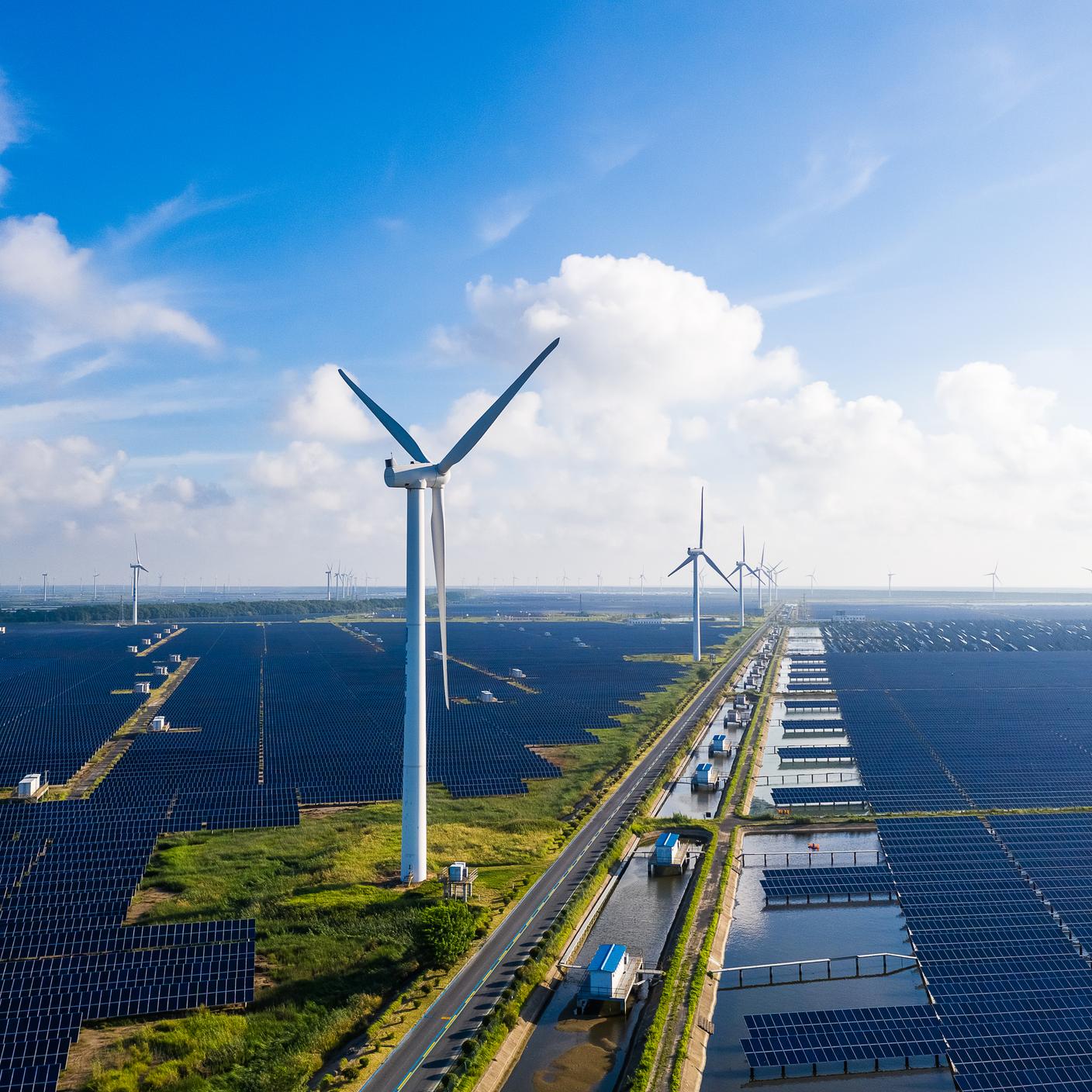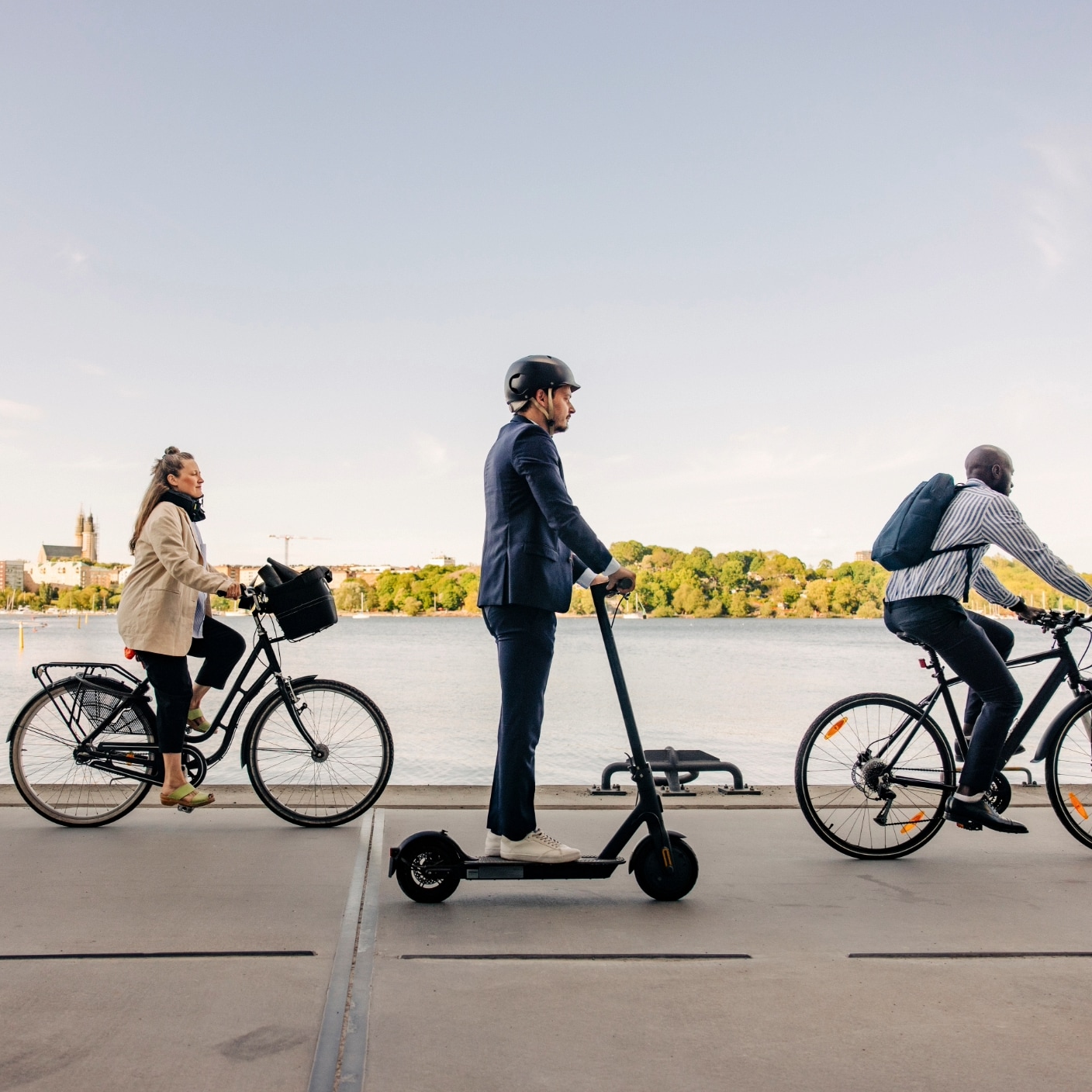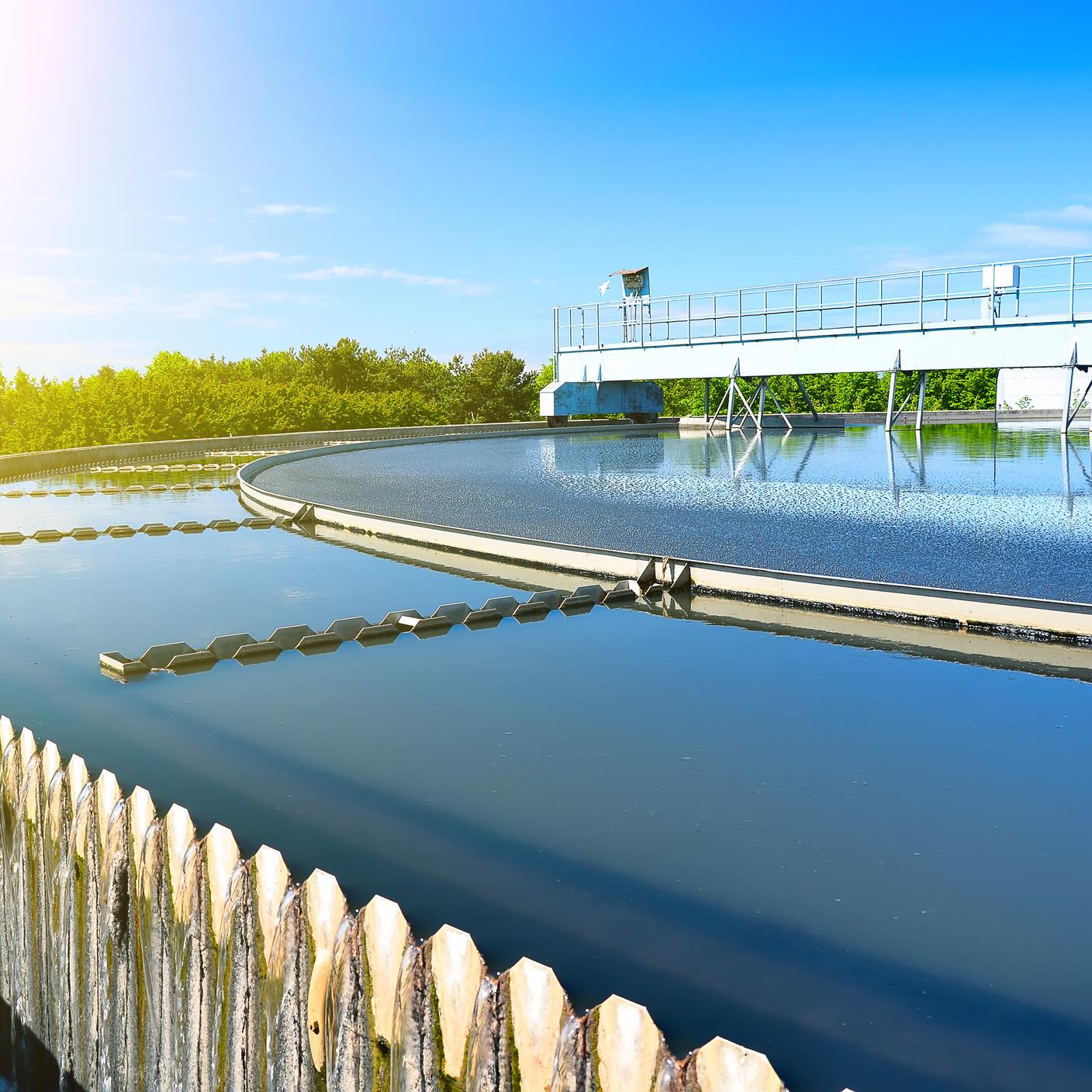Renewable Power Sources Surge
The UK's energy system is undergoing a transformative shift, with a substantial increase in renewable power sources. The percentage of zero-carbon power in the electricity mix has surpassed 50%, compared to less than 20% in 2010, and this trend is expected to continue as power companies work towards the country's net-zero targets.
In a recent Energy Talks webinar episode, Sebastian Van Dort, BSI's Associate Director of Energy, had a conversation with John Parsons, the Director of Digital at BEAMA. BEAMA is the UK's trade association for electrotechnical product manufacturers and energy infrastructure technology providers.
During their discussion, John shared valuable insights on the future grid's potential development. Our summary focuses on key observations, essential milestones for success, potential barriers, and the crucial role of standards in driving innovation and digitalization. Let's delve into the details.
Sebastian Van Dort: Looking ahead, what are the significant milestones we need to hit to have a fully flexible grid by 2030 and 2050?
John Parsons: Many fundamental rules for the new system's operation need clarification, and numerous organizations are exploring these aspects. For instance, the Energy Networks Association (ENA) is working on its Open Networks Project, which examines the dynamics between Electricity Network Operators (ESOs) and Distribution System Operators (DSOs). One important question is whether the ESO should directly contract flexibility from the residential sector or always go through the DSO.
A 2019 report commissioned by the Government, Ofgem, and Innovate UK revealed poor-quality, inaccurate, and missing energy data, with valuable data often restricted or difficult to obtain. The report recommended implementing an integrated data and digital strategy to modernize the UK energy system and achieve net zero goals.
Linked to data is cyber security and resilience of the system. With increasing use of remote control and balancing services, network operators, generators and energy users will need to be reassured that their data is safe and secure and that the networks are protected against cyberattack.
Sebastian Van Dort: There are a lot of key enablers and milestones. Are there any barriers that we must overcome and address?
John Parsons: Bringing in a level of standardization that facilitates the development of a new system but does not stifle innovation is a tricky balancing act. We also need to develop the right kind of market model that incentivizes stakeholders in the UK energy market to support innovation.
Sebastian Van Dort: What do you feel is the role of standards in supporting the shift to the smarter, lower carbon and flexible grid?
John Parsons: Standards have two key roles. The first is spreading best practice. A lot of new organizations are innovating but they do not want to invent everything from scratch. Standards provide reassurance that a partner is using robust and up-to-date technologies.
The other role is interoperability, which eases the transition for customers when they want to change providers or buy technology. Standards ensure that there are not multiple versions of a process or technology trying to do the same job.
Sebastian Van Dort: How does AI fit in?
John Parsons: The way networks are developing means it is going to be beyond the ability of a control room operator to make decisions quickly enough. It is therefore quite likely that AI systems will end up running networks.
The risk is that if you use AI for an operational system and it goes wrong, you potentially bring the network down. There will need to be a lot of work to ensure that this technology can be used without the risk of unforeseen consequences.
Advancements in Renewable Energy and Grid Flexibility
The transition to sustainability offers promise but presents challenges. Meeting the UK's net zero targets require advancements in renewable energy integration and grid flexibility. Managing intermittency and ensuring reliable energy supply become crucial with more renewables on the grid.
Collaboration among stakeholders is vital to overcoming barriers like infrastructure upgrades, policy alignment, and financing for renewable projects. Innovation and digitalization are key to monitoring and optimizing energy distribution in real-time.
Implementing standards ensures consistency, safety, and efficiency in this evolving energy landscape. While the grid's transformation is exciting, careful planning and cooperation are necessary to effectively address the challenges and achieve a sustainable future.








